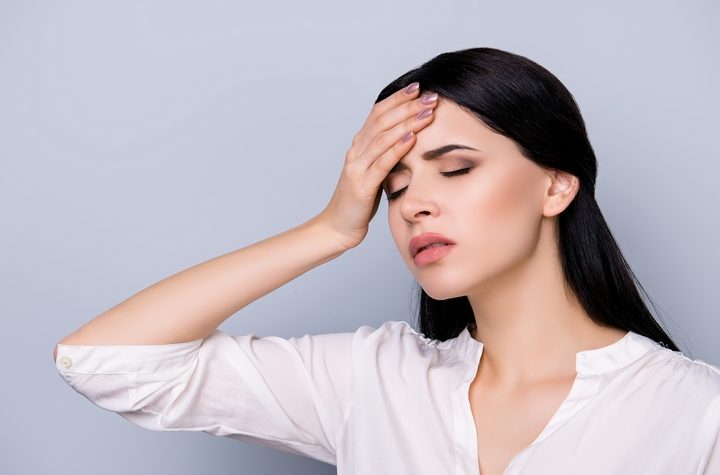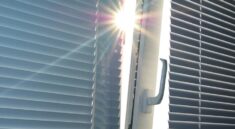A concussion can occur due to a motor vehicle accident, a sports injury, a fall, or any other incident that causes a blow to the head. The symptoms of a concussion can include persistent headaches, of course, but also sensitivity to light, blurred vision, slurred speech, loss of balance, mental confusion, nausea, seizures, and memory problems.
These symptoms can last for a few days or a few weeks, but they might never go away, so taking concussions seriously is important. That being said, do you know what to do after a concussion? From rushing to the hospital to hiring a personal injury lawyer, there are certain procedures.
Here is what to do after concussion injuries:
1. Go to the hospital as soon as possible
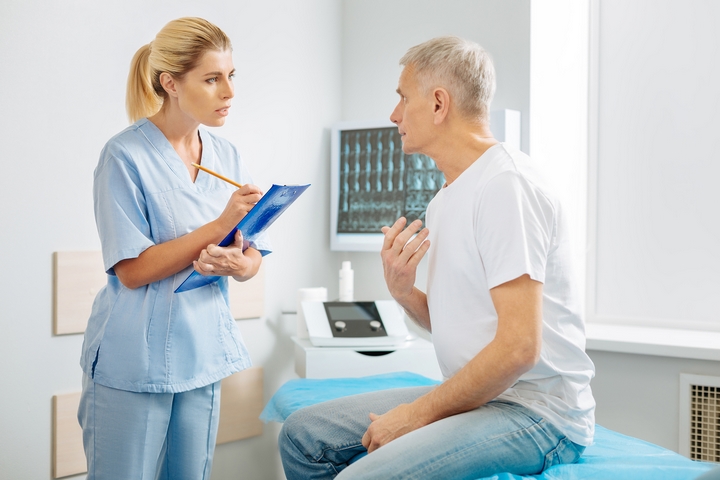
It’s important to understand that symptoms might not appear immediately after receiving a blow to the head. So if you feel just fine after your fall or accident, you should still see a doctor get a proper diagnosis before assuming you are not injured.
Of course, if your head is in pain or you have blurry vision or slurred speech, it’s even more important to get to the hospital as quickly as possible to receive medical attention. Get a thorough checkup, and tell your doctor everything you know about the incident and any symptoms you feel.
2. Listen to your doctor about concussion recovery
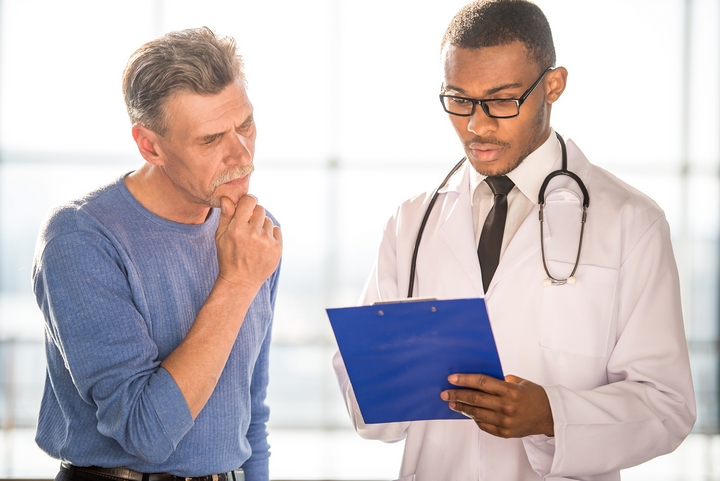
There is no miracle cure for a concussion. Some patients will recover very quickly, while others will suffer from different symptoms for the rest of their lives.
To give yourself a better chance of making a smooth recovery, it’s important to listen to your doctor and follow their recommendations. If they tell you to avoid certain activities, take their advice very seriously.
Your doctor will also tell you when it’s safe to go back to work, school, or your usual daily routine. In the meantime, you will have to take a lot of rest.
3. Hire a personal injury lawyer
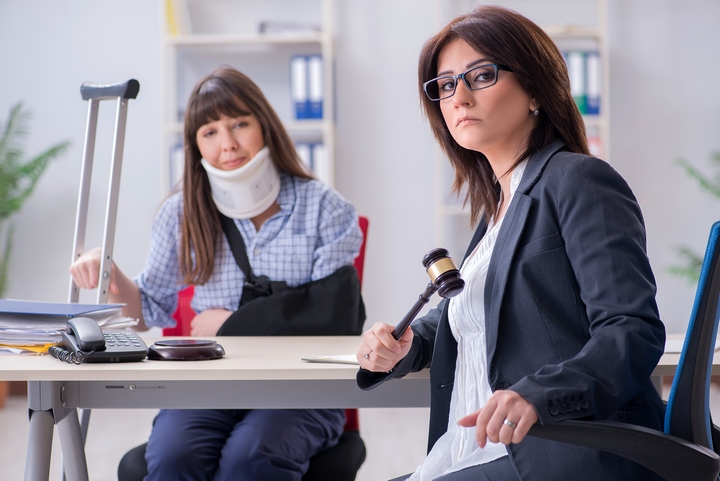
Unfortunately, a concussion can seriously impact your life and leave you disabled and unable to go back to work. Plus, you could have high medical bills to pay for a very long time.
If the incident that left you injured and disabled was caused by someone else, you might be able to receive compensation which will help you move on with your life. Be sure to speak to a personal injury lawyer who will help you understand your legal options and make the right choice.
4. Take a lot of rest after concussions

After a concussion, it’s important to allow your body to rest. Take at least a few days off work, and step away from your responsibilities so you can take care of yourself. Don’t practice any physical activity, and wait for your doctor’s approbation before going back to work or practicing any sport.
If you don’t stop being active, your symptoms could worsen, taking longer to recover. Be sure to get enough sleep each night, and if you feel tired during the day, don’t hesitate to lay down and take a nap. This will help your body and your brain recover.
5. Rest your brain after a concussion

You need to rest not only your body but also your brain. Avoid any mentally demanding or stimulating activity, whether reading, studying, thinking too hard or multitasking. Instead, spend time listening to music or watching animated movies.
This will allow your brain to conserve energy and focus on recovering from the concussion and restoring its normal function. If you have no choice but to do some work or activities that demand your full attention, be sure to focus on one task at a time, go slowly, and take plenty of breaks.
6. Be sure to avoid certain things
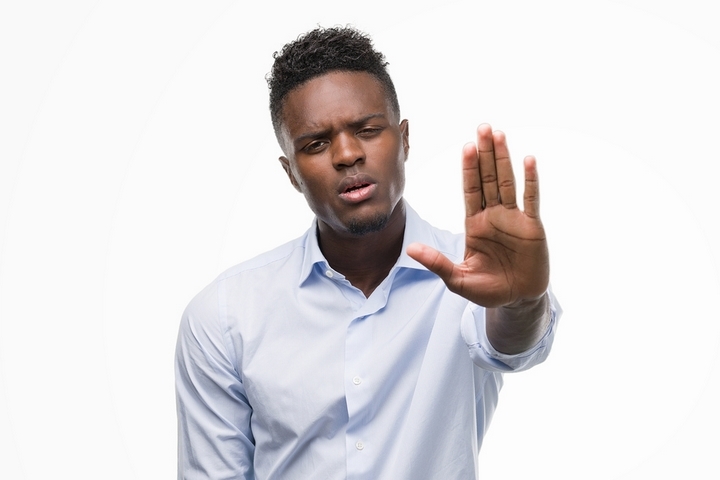
As your doctor will surely tell you, there are some things you should avoid right after your concussion. For example, you shouldn’t drive for at least a few days since your reaction time might be slower than usual. You have to avoid getting involved in another accident.
Avoid taking Aspirin and anti-inflammatory medications, as they could make you more likely to suffer from internal bleeding. You should also stay away from alcohol for at least a few days.
7. Avoid anything that triggers concussion symptoms
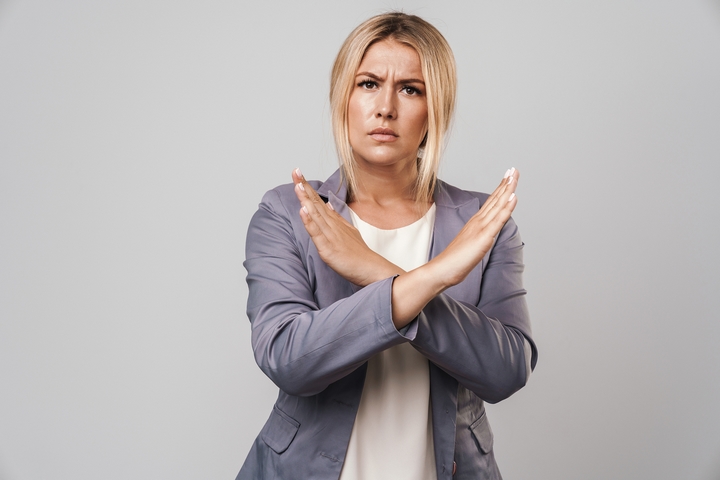
While your brain heals from its injury, different things could trigger your symptoms or pain. For example, stressful situations, bright lights, and loud noises could cause headaches, nausea, blurred vision, etc.
Try to avoid these triggers as much as possible, as this should hopefully help your body and your brain recover faster.

